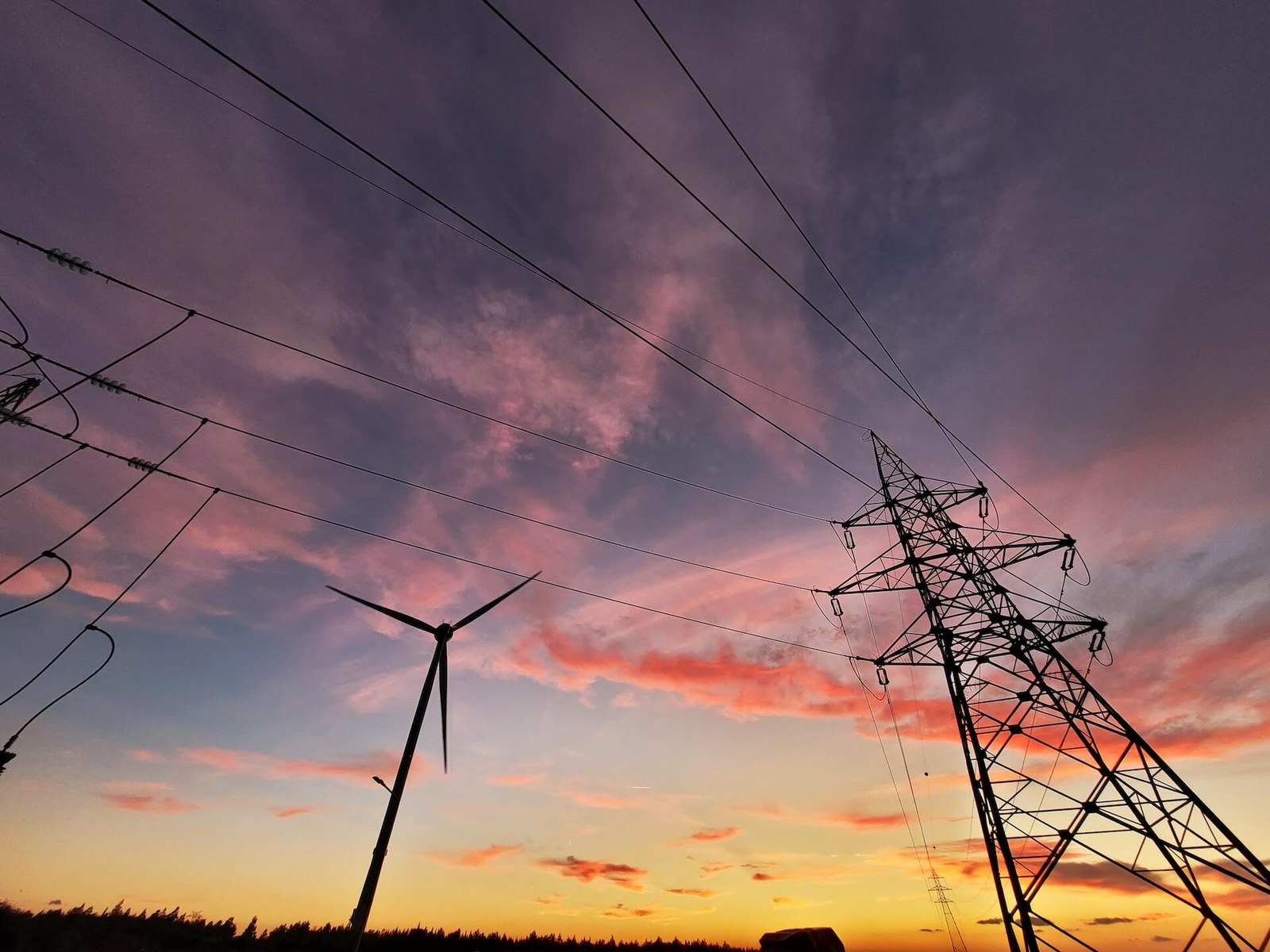Study urges immediate action on accessible and equitable energy transition
An International Energy Agency (IEA) report was released during a G20 Energy Transitions Working Group meeting held in Belo Horizonte, the capital of the Brazilian state of Minas Gerais. The gathering served as a forum for policy exchange and reinforced the group's commitment to principles of equality and inclusion.

This Tuesday (28) marked the launch of the International Energy Agency’s (IEA) report, "Accessibility and Equity in Clean Energy Policies”. The event occurred within the context of the third G20 Energy Transitions Working Group meetings, where discussions on the pressing need to promote affordable and equitable energy transitions globally took place. Participants underscored the importance of inclusive policies to maximize the social and economic benefits of energy transitions.
The report elucidates the critical importance of access and equity within these transitions. It incorporates case studies that underscore the benefits across various domains, including enhanced accessibility to clean energy, improved health outcomes, and the stimulation of local economic development.
Jane Cohen, IEA's Senior Policy Analyst, presented an overview of the report's key themes and conclusions. This was followed by insights from representatives of countries such as Brasil, South Africa, the United States, Canada, and India. Cohen expressed enthusiasm, stating, "We are very excited that Brasil has prioritized economic accessibility, social impacts, energy accessibility, and an inclusive transition during its G20 presidency."
Masili observed that, “The escalating energy expenses can disproportionately burden low-income households, worsening prevailing inequalities and contributing to energy poverty. It is incumbent upon us to enact public policies and strategies that safeguard against these detrimental impacts, guaranteeing equitable distribution of the benefits stemming from the energy transition.”
Cohen emphasizes that these issues are fundamental for the success of clean energy transitions. She described Brasil's commitment to the G20 and COP as “pivotal in catalyzing a paradigm shift in global perceptions and implementations of these clean energy transitions.”
The event tackled key issues, including the identification of best practices in clean energy policies that serve substantial portions of the population, especially vulnerable communities. Additionally, it examined the role member countries can undertake to actualize universal energy access.
The Director of the Department of Energy Information and Studies at the Brazilian Ministry of Mines and Energy, Gustavo Masili, emphasized the importance of affordable, reliable, and sustainable energy access. He underscored the critical role of energy access in improving living standards, creating economic opportunities, and promoting social well-being.
Masili observed that, “The escalating energy expenses can disproportionately burden low-income households, worsening prevailing inequalities and contributing to energy poverty. It is incumbent upon us to enact public policies and strategies that safeguard against these detrimental impacts, guaranteeing equitable distribution of the benefits stemming from the energy transition.”
ROUNDTABLE
The latter segment of the event featured a roundtable discussion, moderated by an IEA representative, which focused on fostering inclusive processes within clean energy transitions and identifying best practices for generating benefits for local communities.
Attendees included representatives from both civil society and government sectors. The agenda fostered policy exchange and underscored the G20's commitment to principles of equality and inclusion, featuring initiatives such as gender equality and the empowerment of marginalized and indigenous communities.